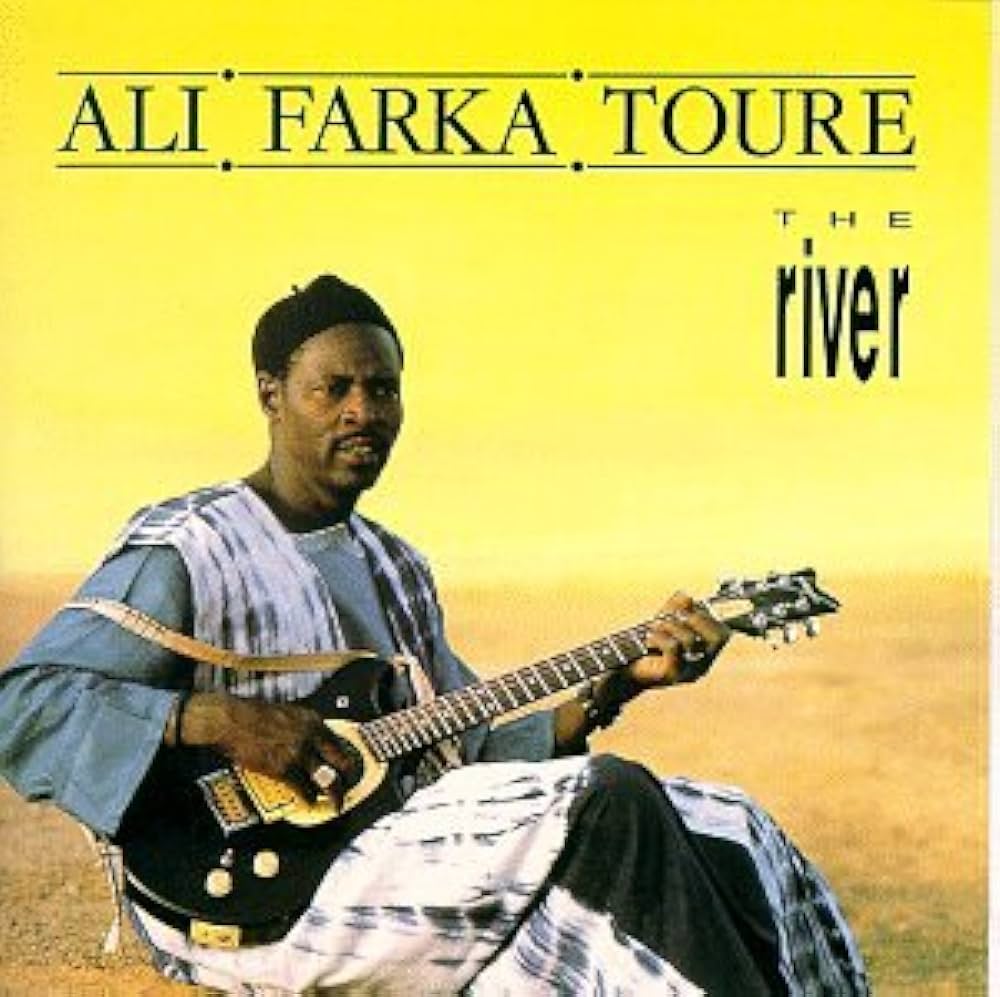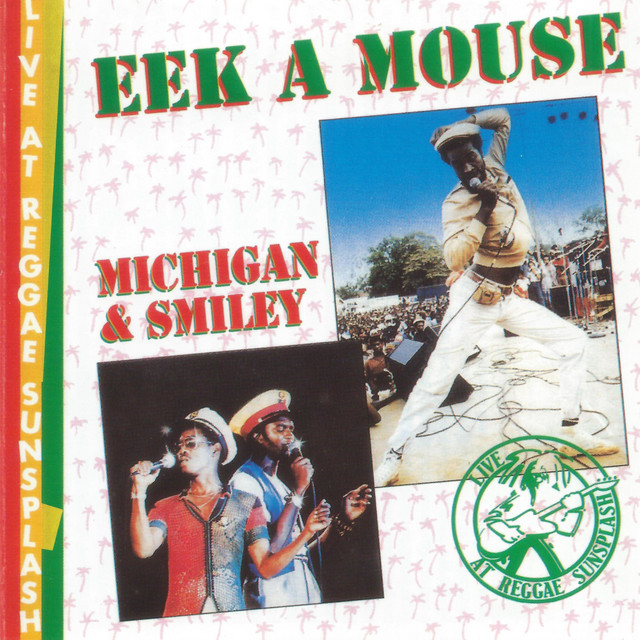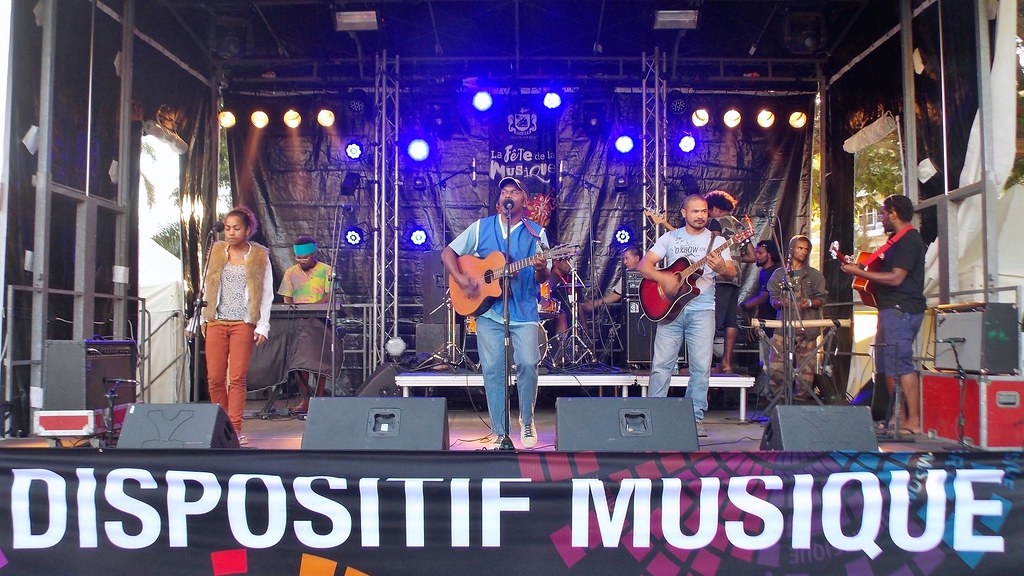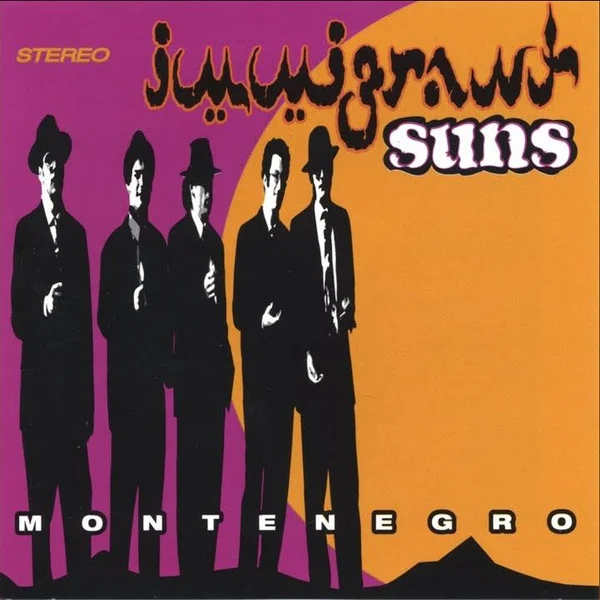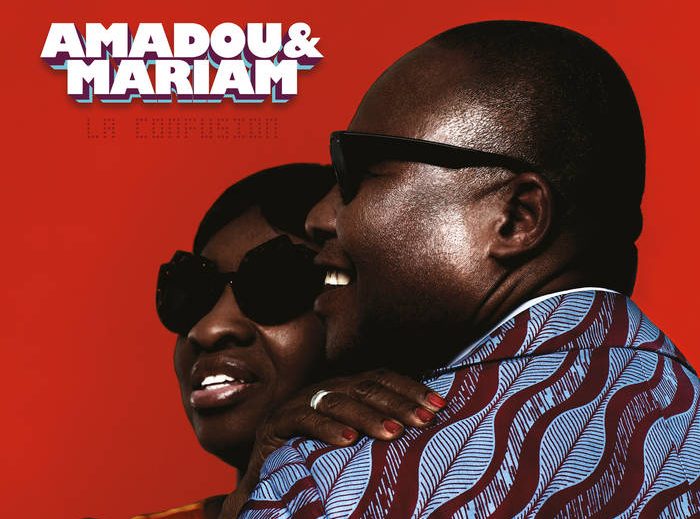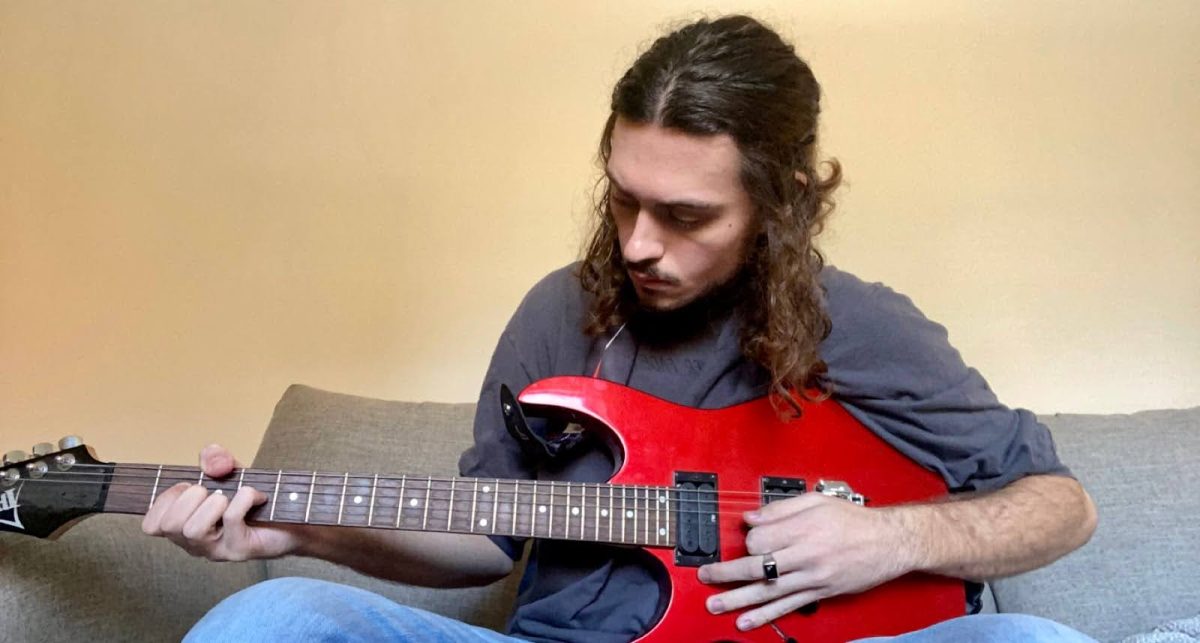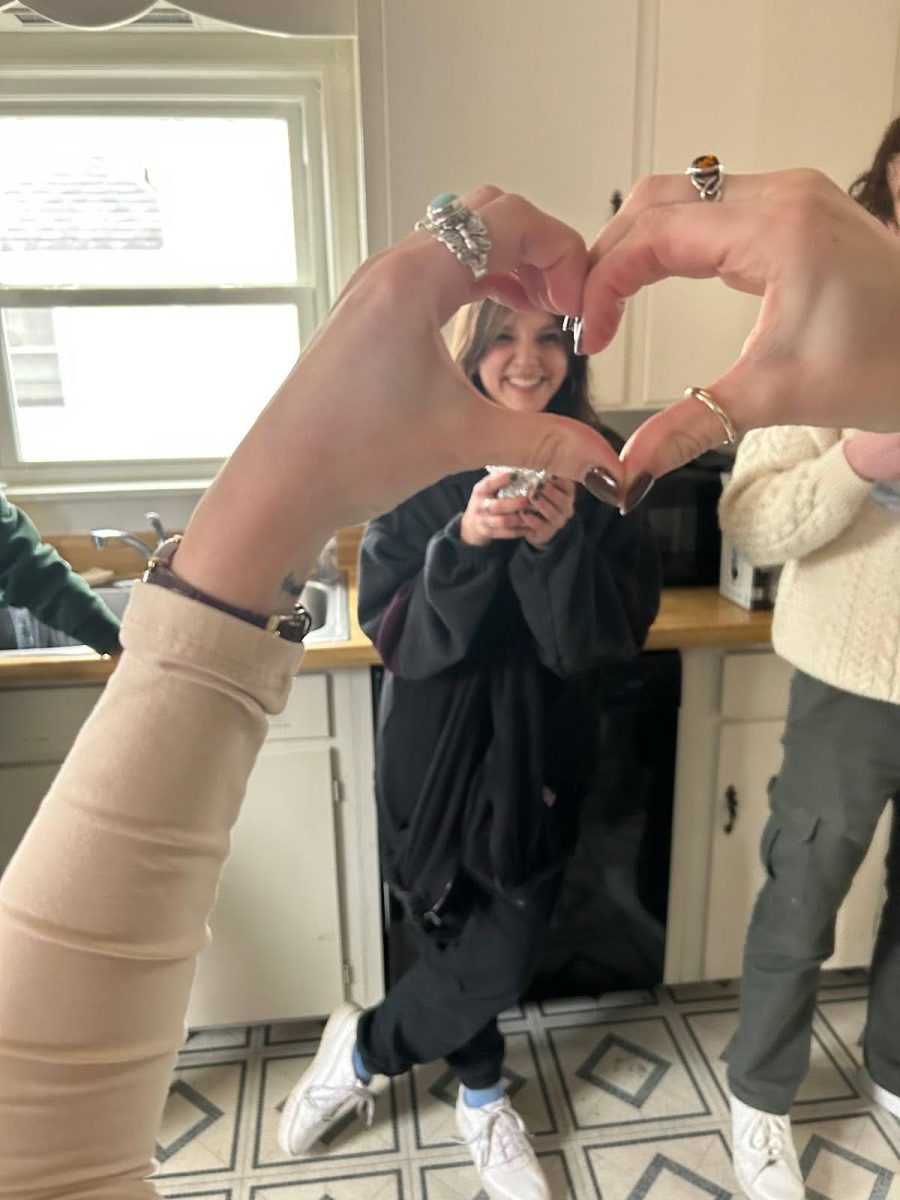As you continue your musical journey across the globe, inevitably, the Sahara will come to meet you head on. The desert is one of the most inhospitable places on the planet, and yet, the inhospitable atmosphere creates the perfect environment for a rich, contemporary musical tradition to come out. Tishoumaren, known better as desert blues, came out of the musical traditions of the Tuareg people. Traditionally nomadic, they were subjected to French colonization. Once the French left in the decolonization period of the 1950s and ‘60s, they were split across six separate nations.
Much of the Tuareg musical tradition was carried by griots, who formed their own professional caste. Griots were traditionally from the lower classes, and they traveled from village to village, singing histories and other types of music. But when a terrible drought rocked the Sahara in 1973, many Tuareg people were forced to move to cities, but they remained largely unemployed. Centuries of nomadism would do that to any ethnic group.
All of these struggles mixed with Western music to give birth to the youth culture of Ishumar. Ishumar, which was a term used to describe the young Tuareg in Mali, Algeria, Niger and Libya, also became associated with young men who would wander from town to town. The music that the Ishumar then made was guitar driven, emulating the lute-driven tales of the Tuareg griots. The music of the Ishumar began with primarily acoustic instruments, but slowly transitioned into being driven by electric guitars.
Ali Farka Touré
One of the earliest pioneers of what we now know as desert blues is a man from the Timbuktu Region named Ali Farka Touré. Touré was born into a “noble” caste, which meant that performing music as a career was not an option, and he was forbidden to play instruments. Touré disregarded this and constructed a one-stringed guitar after watching two older kids in his hometown, Ali Harma Diré and Hassan Hamadi, playing guitars. He then played that guitar with his friends. Despite playing with his friends, it was only when he watched a performance of the National Ballet of Guinea that he decided to make music his career. Touré started by playing with a musical troupe from his hometown in nation-wide musical competitions that started in 1960 by president of Mail, Modibo Keïta. In 1968, he would travel to Bulgaria to represent Mali at an international competition, and there, he bought his first guitar. At the same time, he became infatuated with the blues that was coming out from the United States, especially that of John Lee Hooker.
In order to begin his career in the music industry, he took a job as a sound engineer at Radio Mali in Bamako. At this job, he was able to use the station’s recording studio, which was the only one in the nation at the time. He would release various albums during the ‘70s and ‘80s, emblazoned with his name on it. A British DJ found his album at a record shop in Paris and was enamored with the cover. This DJ was Andy Kershaw, who eventually played some of Touré’s songs on BBC Radio One. This would launch Touré into international stardom, allowing him to tour across Britain and the United States, which he lovingly called a “spiritual car park.” His legacy went beyond music, as he became the mayor of his hometown, Niafunké, in 2004, but would only be in office for two years, as he sadly passed away in 2006 from bone cancer. His music influenced numerous artists, and his legacy can still be found today in numerous forms of media. For instance, in Animal Crossing, there is a song that the legendary singing dog named K.K. Slider performs that contains rhythms inspired by his music, and the song is named “Ali Farka Kéké” in honor of his legacy. Also, Touré’s 2010 posthumous release with Idrissa Soumaoro, “Bèrèbèrè,” was featured in Black Panther.
Tinariwen
During the time that Ali Farka Touré was becoming a phenomenon in Mali, troubles were beginning to stir up in the north of the nation. As the overt hand of French colonialism began to loosen its grasp on Africa, there was talks of a potential, independent Tuareg nation across areas in Northern Mali, Niger and Southern Algeria. However, the independent nation would not come to fruition and led some Tuareg militants to rebel against the new Malian government.
At the age of 4, Ibrahim Ag Alhabib witnessed his father’s execution in this rebellion. This traumatic event would completely alter the trajectory of his life. As he moved across Mali and Algeria, Ag Alhabib watched a western film in which, a cowboy played a guitar. Inspired by the film, he made his own guitar out of a “plastic water can, a stick and some fishing wire.” Later, Ag Alhabib made a band with Alhassane Ag Touhami, Inteyeden Ag Ablil and Inteyeden’s brother Liya. The band began life as a wedding band but transitioned to a music collective with other Tuareg musicians while training as a part of a Tuareg military regiment in Libya. This culminated in the band, now christened as Tinariwen, performing for Muammar Gaddafi, the ruler of Libya at the time. The group would be called “rebel musicians,” with them wielding both guns and guitars, spreading their stories of Tuareg life and struggles. The band were one of the first Saharan bands to incorporate electric guitars into their music, giving them the title of the first desert blues band. They would record on any and all blank cassettes that were given to them, and their cassette tapes were traded around the Sahara.
Their popularity internationally exploded following their collaboration with the French ensemble Lo’Jo in 1998. Their music has been incredibly popular, with three Grammy nominations, one of which culminated in the Grammy for Best World Music Album in 2012 thanks to their album Tassili. One of the tracks off the album, “Iswegh Attay,” is an example of the sounds that popularized desert blues across the globe.
Mariam Doumbia
Stereotypically, the griots that the desert blues sound borrowed from was something exclusively done by men. Sadly, the vast majority of artists in this genre are men. One of the most noteworthy women making desert blues is Mariam Doumbia. She has been making music together with her husband, Amadou Bagayoko, since 1980 as the band Amadou et Mariam. I wrote an in-depth biography about the duo about a year ago. If you wish to learn more about the pair of blind artists who have been shaping what desert blues can sound like, I’ve linked the article above. In the year since I wrote the aforementioned article, Bagayoko and Doumbia have featured on two singles and released a “best of EP.” One of the singles, “My Sahel,” is a charity single put together by Senegalese singer and activist OMG Oumy Gueye, alongside other artists from the Sahel, such as ngoni maestro Bassekou Kouyaté, the youthful energy of the band Songhoy Blues, Nigerien band Tal National and Vieux Farka Touré — Ali Farka Touré’s son. The song is meant to draw awareness at the growing inhospitality of the Sahara desert and how the growing impacts of climate change on the region will continue to sow the seeds of hostility and war in the region.
The beauty of the human experience through the medium of music allows us to be introduced to stories we may never have heard of elsewise. From an inhospitable desert to influencing generations of musicians to come, desert blues is an underrepresented genre of music that we deserve to know more about and acknowledge the struggles these artists have faced in order to create incredible works of art.






























